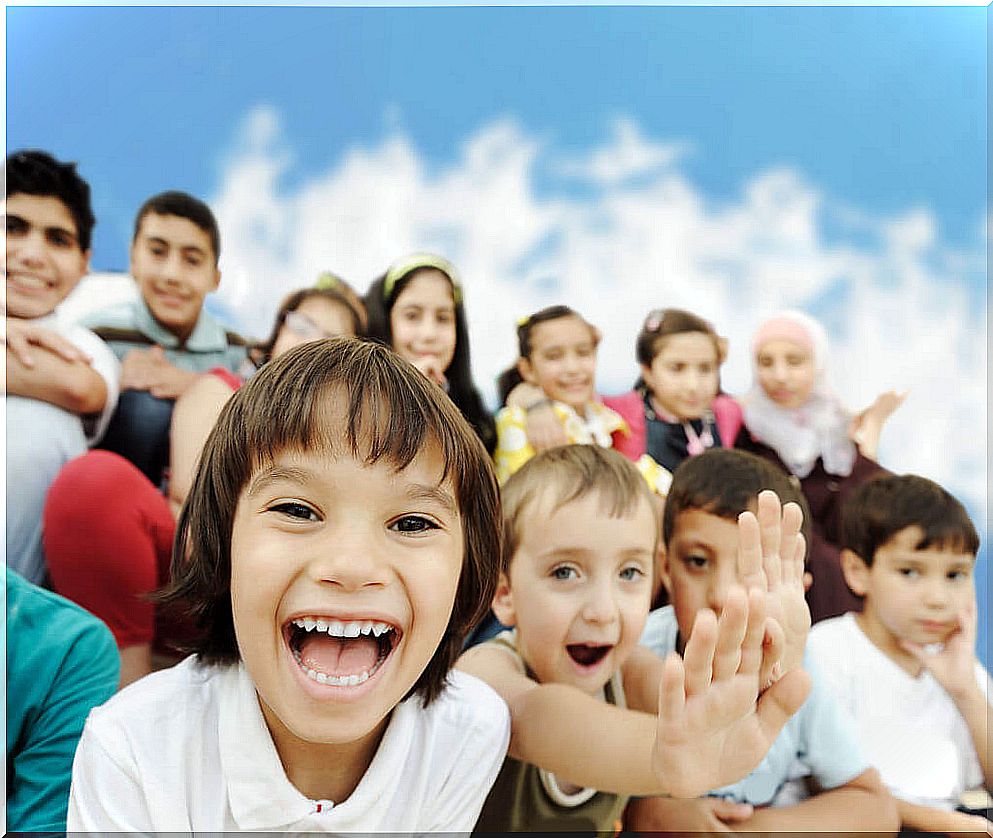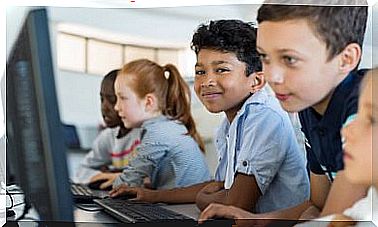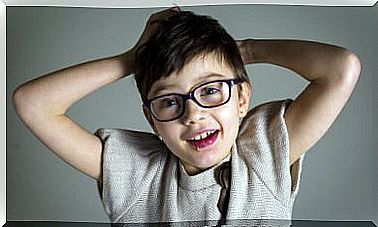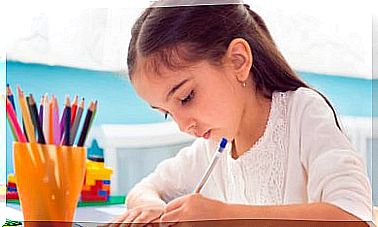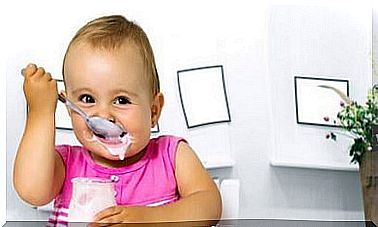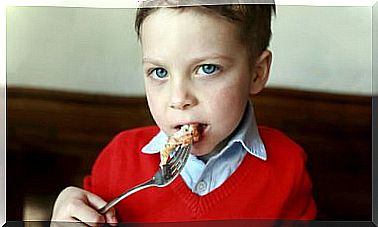Teaching Children Non-cognitive Skills
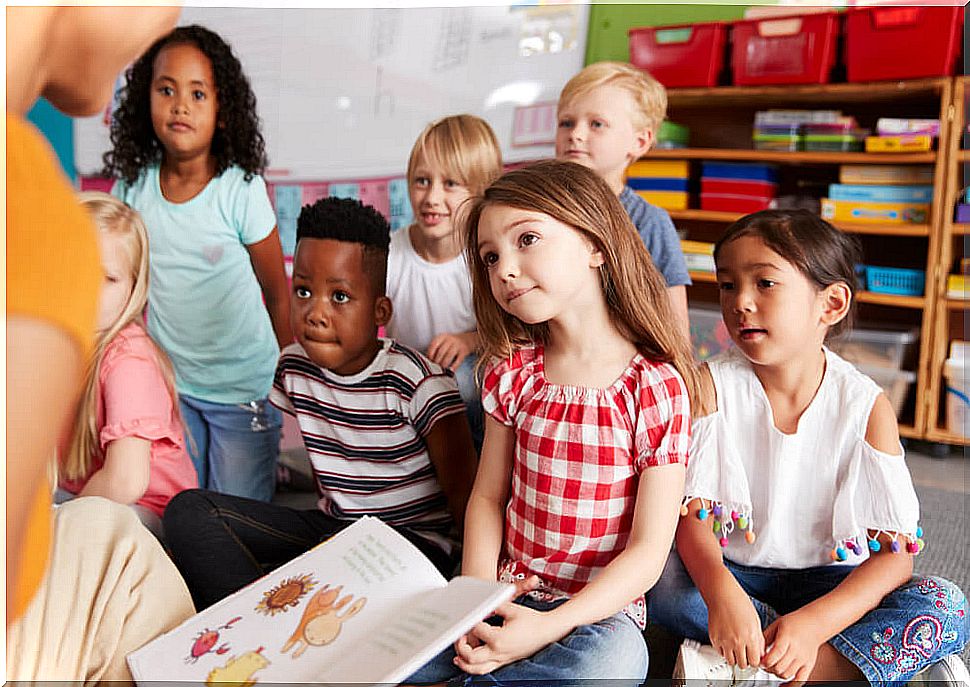
We all know that when children start their school years, they work on their cognitive skills (calculation, language, knowledge of the environment, etc.). But we forget that, for good learning, not only is this enough, but it is very important to teach children non-cognitive skills.
This is precisely what a group of researchers and professionals headed by Ildefonso Méndez, from the University of Murcia (UMU) have created. A project called ” Non-cognitive skills-Educate to be”, which is already being launched by many schools in Spain and other countries.
Developing in our children not only their intelligence and cognitive abilities, but also those that help them function, develop healthy habits, social skills and self-regulation of their emotions is essential. If you want to know more about this project, keep reading.
What are non-cognitive skills?
To a greater or lesser extent, they are a set of skills that are present in people and that are independent of their intelligence. They refer to attitudes, capacities, social skills, dispositions and personal resources that continuously interact with cognitive abilities.
These skills are key to achieving well-being in life. In addition, they are moldable throughout life and significantly improve cognitive, emotional and social development.
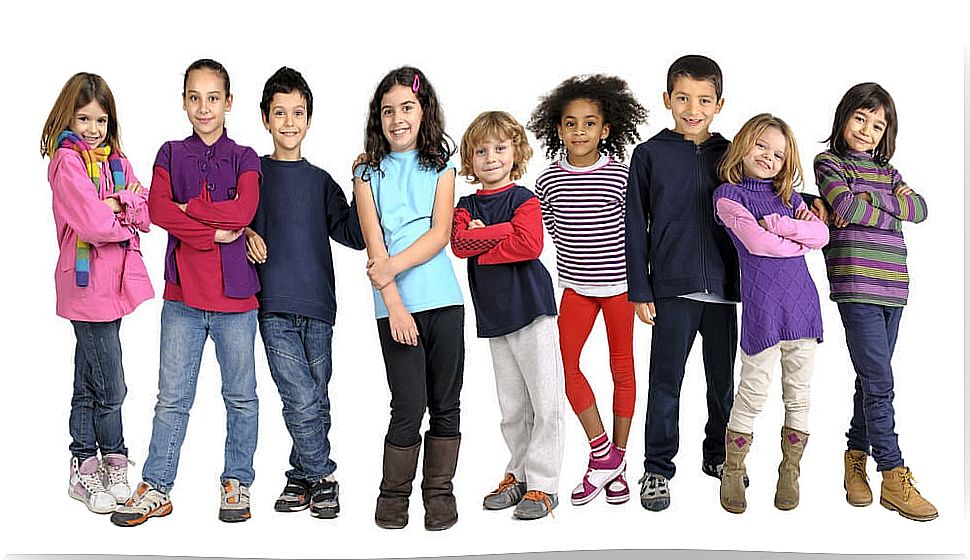
What is the “Non-cognitive Skills-Educate to be” program ?
It is a project that begins in the early stages of Infant and ends in the last year of Primary. There are already more than 60 schools that have started it in their classrooms.
This project includes stories, videos and activities, and whose protagonists are some funny animals : Flama (León), Moni (Monita), Lulo (owl), Nequi (giraffe) and the turtle teacher. Together with these characters, they will go on adventures to develop their capacity for self-regulation.
The implementation of this program helps children to improve their school performance and social and emotional skills, that is, their well-being. How?
- Helping children maintain attention.
- Increasing your creativity.
- Solving problems.
- Developing causal thinking.
- Expanding critical thinking.
- Managing frustration.
Objectives of the project
Develop self-regulation skills through which children can achieve a higher level of well-being during their life. These will be essential for:
- Have great self-esteem.
- Reduce bullying.
- Prevent learning difficulties.
- Reduce truancy and early school leaving.
- Improve your emotional, personal and health stability.
- Reduce unemployment in the future.
- Reduce the probability of developing addictions.
Who is it for?
It is intended for all children, as self-regulation skills are beneficial for all children, regardless of their level of neurological development.
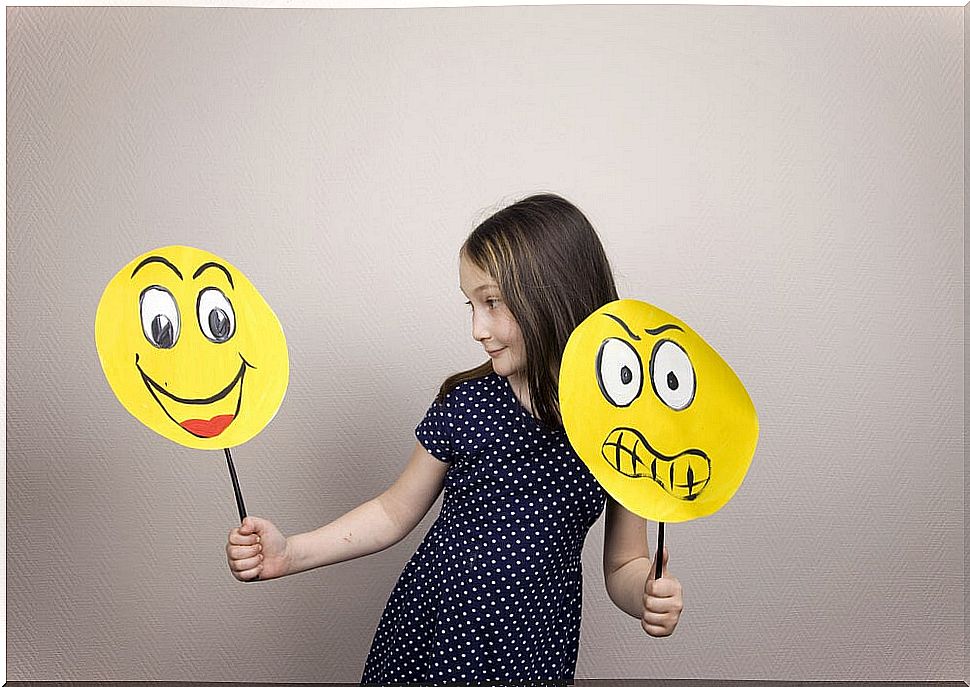
How can parents improve non-cognitive skills at home?
- We must instill in our children the importance of being honest and always telling the truth, despite the consequences.
- Always reinforce consistency, even in games.
- Take care of routines and habits at home.
- Establish a calm and quiet environment at home.
- Promote responsibility and autonomy of children.
- Appreciate the child’s effort in doing things as well as possible and getting them to finish them.
- Convey respect and trust towards his school and teachers.
- Help him become aware of his emotions about what he feels in each moment and also those of others to improve his self-control.
- Transmit to the child that he trusts that he can do well everything that he sets out to do and improve it. We have to spare him the fear of being wrong.
The development of non-cognitive skills is important as well as cognitive ones. As you have already seen, there are multiple benefits it has. Improving their capacity for self-regulation will make them develop healthy habits, that they know how to function with ease in the world and that they will be happy tomorrow.
The development of these skills is essential for both the family and the children, to improve their well-being in the present, but also for when they are adults.
